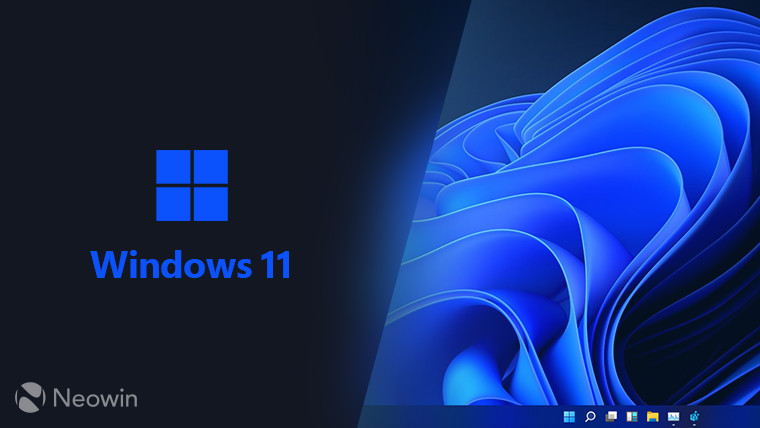
If you go back three years to 2021 when Windows 11 was first announced by Microsoft, one of the biggest talking points about the OS was the system requirements the tech giant put forth.
Microsoft deemed CPUs, even a few years older, like the Ryzen 1000 series or Intel 7th Gen CPUs, as incompatible or ineligible to run Windows 11. Microsoft stated that features like VBS (virtualization-based security) would lead to more performance loss on processors without a feature called MBEC (Mode-based execution control). Thus, even some of the relatively newish CPUs also ended up in the not-compatible list.
To help users determine whether their chips were supported or not, Microsoft released the PC Health Check app. However, the utility was far from perfect, as it even gave a Pentium 4 a thumbs up.
A third-party app called WhyNotWin11 was released by GitHub user Robert C. Maehl, and it was mostly free from such inconsistencies.
The app received a new update earlier today, and it now supports new processors. Over time, both AMD and Intel have released new CPUs that Microsoft has added to the supported CPU list. The last update to its list was done earlier this year in March.
Aside from an updated processor list, the new release also fixes a bug related to WMIC ( Windows Management Instrumentation Command-line) for Intel CPUs. If you are wondering, WMIC can provide SMBIOS (system management BIOS) details from Windows itself.
The full changelog for WhyNotWin11 version 2.6.1.0 is given below:
2.6.1.0 comes with the following changes:
- Updates Processor List
- Fixes Intel Processors WMIC Values
- Minor Graphical Layout Improvements
- Added Exception for "RDP Display Adapters"
- Reduces FileWrite calls when Outputting Results
- Adds Ability to Skip Specific Checks using
/skipor/sc- Improve Feature Update Compatibility Results on Windows 11
You can download the app from this page on its official GitHub repo

















6 Comments - Add comment